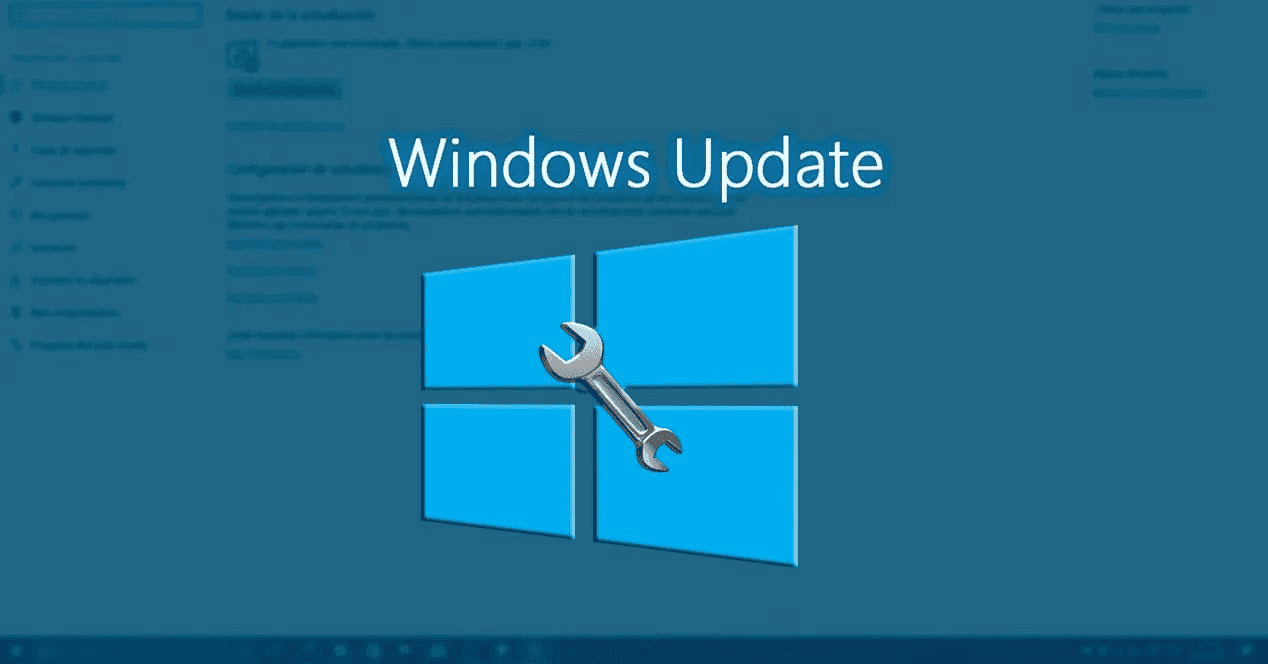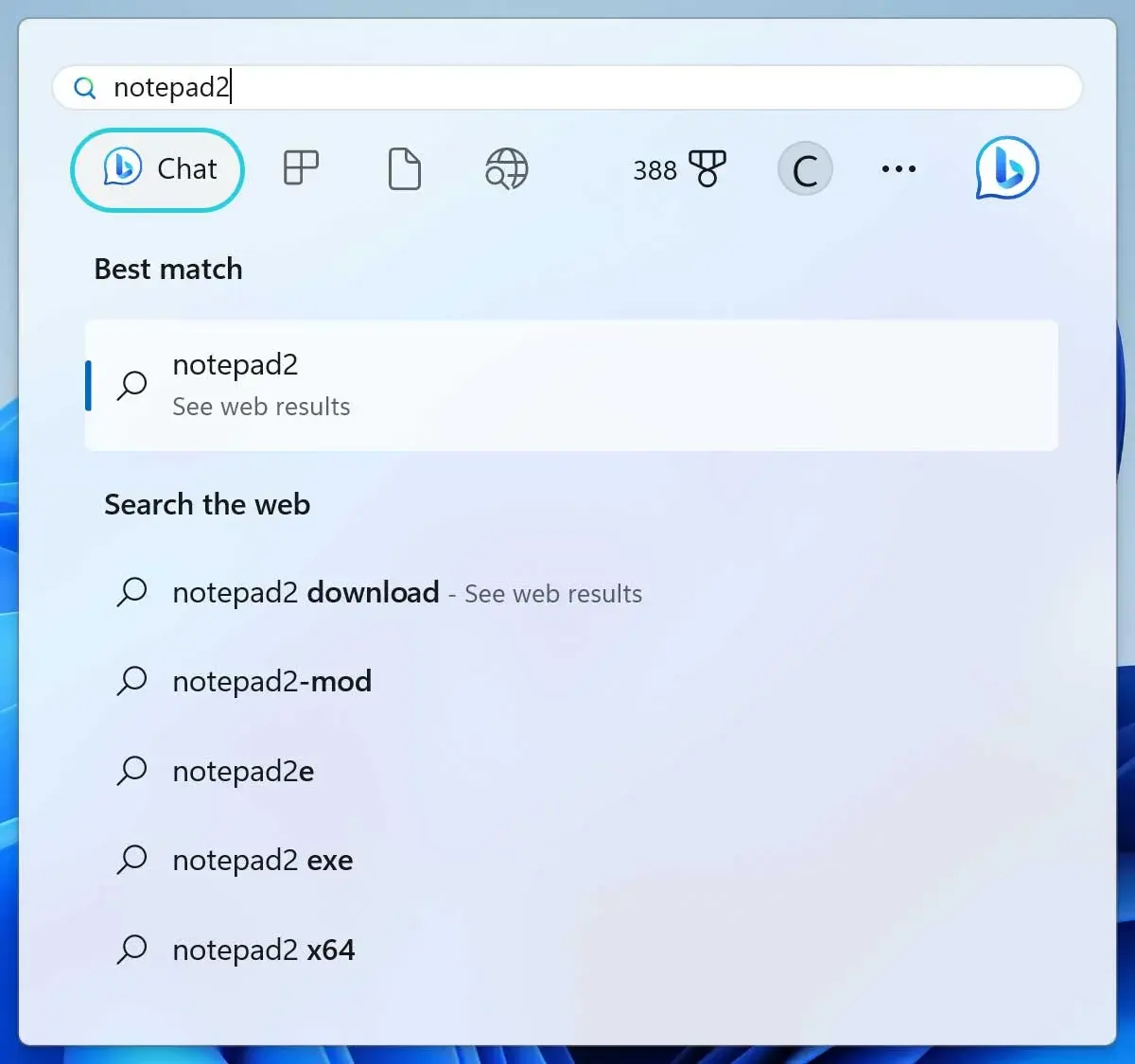Microsoft has recently adjusted its policy for Windows 11 in the European Economic Area (EEA). The Win11 policy change will allow users in the EEA, as well as from Iceland, Liechtenstein, and Norway, to open all links in their default browser instead of Microsoft Edge. This change has been made due to EU regulations, specifically the Digital Services Act. This change is coming in view of the regulatory pressure from the European Union and a large number of complaints from users.

Microsoft said in the Win11 Build 23531 preview update: “In the European Economic Area (EEA), Windows system components can use the default browser to open links.”
The Background
Microsoft had previously announced that Windows 11 would only allow users to open links in Microsoft Edge, even if another browser was set as the default. This decision was met with outrage from users outside the EEA, who felt that it was anti-competitive and limited their choice. However, in the EEA, the decision was applauded, as it was seen as a way to comply with EU regulations.
Microsoft forces the use of the Edge browser to open links in Win10 and Win11 systems. For example, when users open help articles in the Settings, search in the Start menu or click the widget windows, they are forced to use the Edge browser instead of the user’s default browser.

The Change
Microsoft has now reversed its decision for users in the EEA, allowing them to open links in their default browser. This change has been made in response to the Digital Services Act. The Act aims to create a more level playing field for digital services in the EU. The act includes provisions that require companies to allow users to choose their own default apps, including browsers and search engines.
This change will have a huge impact on users in the EEA. They will now be able to use their preferred browser to open links in Windows 11. It will also be a relief for brands that rely on specific browsers for their operations. This change means that they will no longer have to switch to Microsoft Edge to open links. However, users outside the EEA will still be limited to using Microsoft Edge to open links in Windows 11.
In addition to the change in browser policy, Microsoft has also made other adjustments to Windows 11 in the EEA. For example, Windows will now require consent to share data between Windows and other signed-in Microsoft services. This change is also in response to EU regulations, specifically the General Data Protection Regulation (GDPR).

Conclusion
Microsoft’s decision to allow users in the EEA to open links in their default browser is a huge step forward. This change will have a positive impact on users and brands in the region. It is also a sign that Microsoft is willing to adjust its policies to comply with EU laws. However, users outside the EEA will still be limited to using Microsoft Edge to open links in Windows 11.





